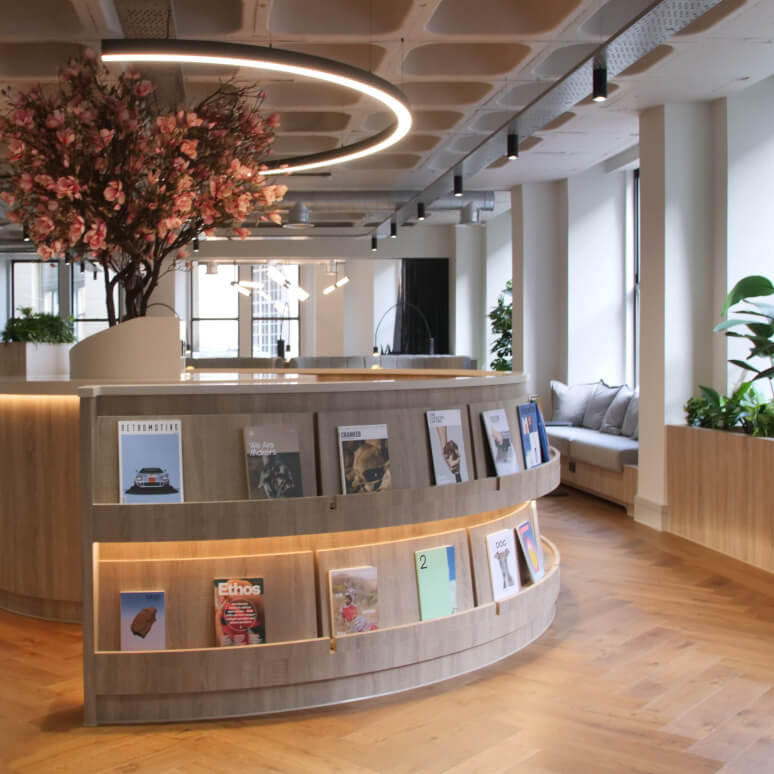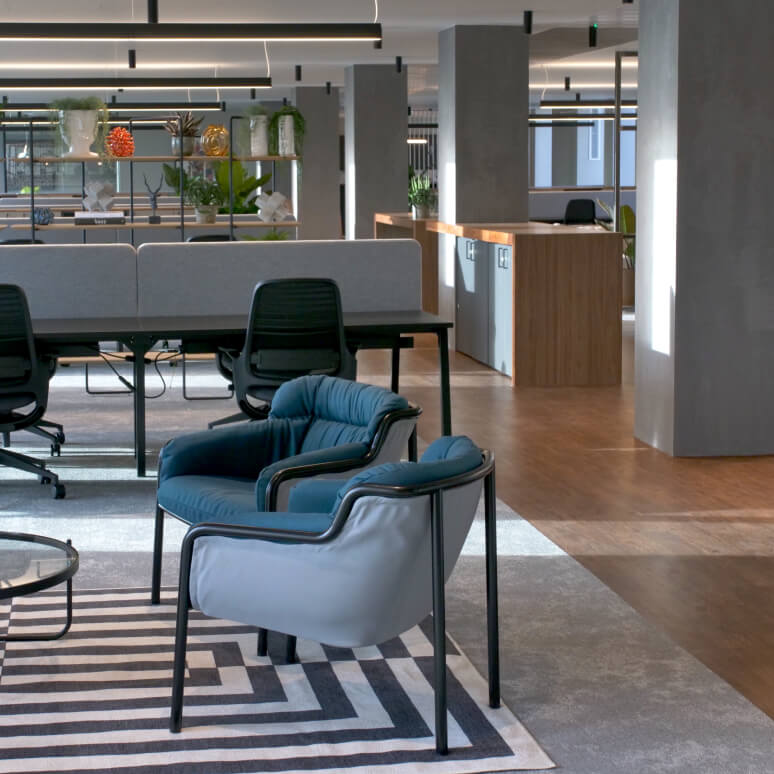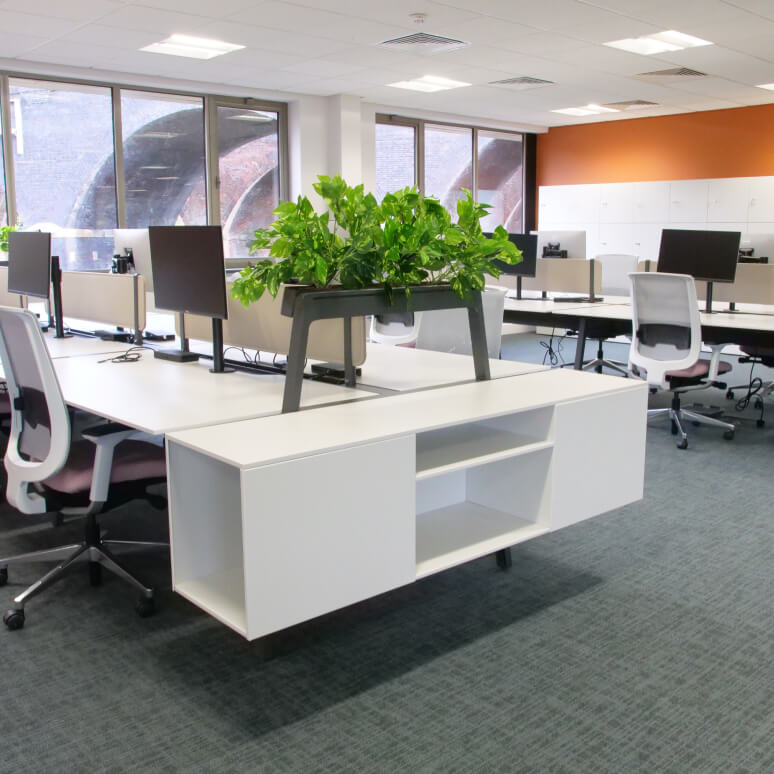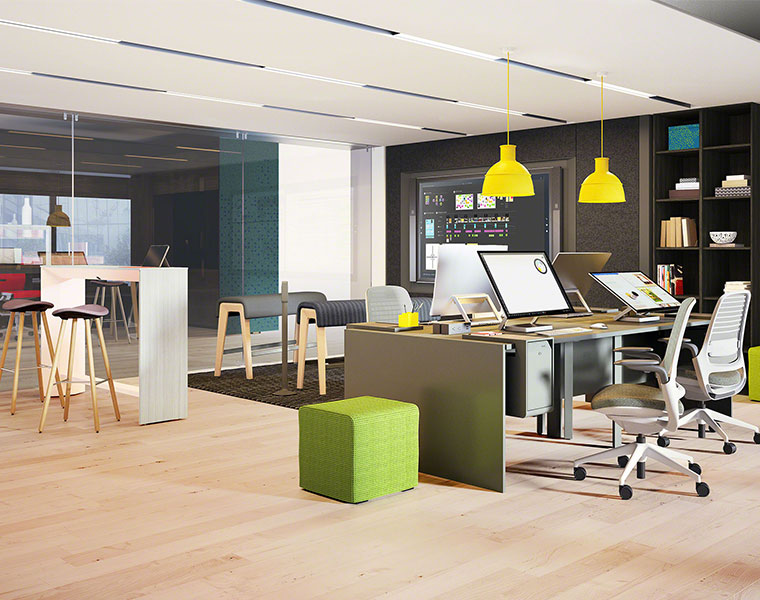An engaged employee has been defined as someone who is fully absorbed in their work and takes positive action to further the businesses progression. For organisations to establish a competitive advantage in the world of work today; they need to be agile to adapt to changing market conditions.
This means successful businesses also need employees who can take this on board and remain fully engaged in their work.
“Businesses need people who come to work energized, ready to generate new ideas, create new strategies and make meaningful progress every day.”
Steelcase global report on Engagement and the Global Workplace
In a recent study of 12,000 employees across 16 countries, Steelcase found that ‘One-third of workers in 17 of the world’s most important economies are disengaged’. It then explores the effects of having disengaged employees in a workplace, and how this can affect the bottom-line.
One of the key findings explains how employee engagement positively correlates with workplace satisfaction. Highly engaged workers are the most satisfied with their work environment and employees who are dissatisfied with their workplace are the least engaged across the global workplace.

The findings that relate specifically to British workers, shows they are slightly more disengaged than the average score. The biggest difference between UK and global workplaces is that almost half of all UK offices are open-plan configurations, which is more than double the global average.
The research suggests that this is due to high cost of business premises (especially in London); however there has also been an increase in open planned offices in a push for more collaborative work. As a result the UK has more than double the amount of mobile workers, than the global average.
When the participants of the study were asked whether their work environment allows them to choose where to work based on the task or whether they can concentrate? There was no surprise that the UK fell below average.
The report suggests people are struggling to manage their need for privacy, and are not able to focus. This also applies to collaborative work. The UK also struggle to find spaces to work in a team without being distracted or distracting others around them, which negatively affects engagement levels. Workers in the UK also say they are less likely to be able to choose where they want to work in the office, which may leave them feeling a lack of control over their daily work experience.
Investing in a range of spaces can help to attract and retain the right people, and by giving them more choices and control of their work experience we can help manage their engagement levels. These spaces could include a range of enclosed spaces for individual or group work, to help balance primarily open environments.
Providing employees with more control in the workplace may provide a clear advantage for building engagement and loyalty.
Spaces to collaborate


Spaces to think


